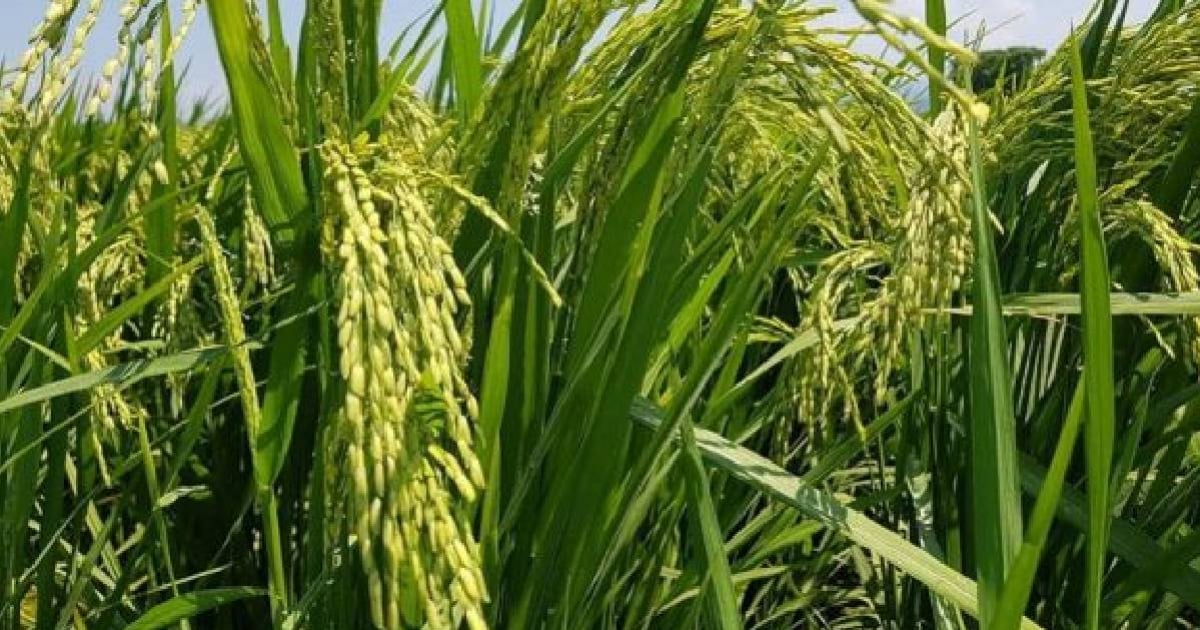In October, Cuba is set to begin an experimental initiative to plant hybrid rice in various regions across the country, in collaboration with Vietnam. This announcement was made on Friday during the official visit of President To Lam to the island. The Cuban regime revealed through its state-run media that this effort aims to boost agricultural production and enhance the yields of this staple crop in the Cuban diet.
The project will be carried out at the Finca Pellejero in Güines, spearheaded by the Grupo Agroforestal de Mayabeque, and will involve the planting of hybrid seeds imported from Vietnam. In this initial phase, the goal is to harvest 1,500 hectares with an expected average yield of seven tons per hectare, according to the government-run outlet Cubadebate.
Nguyen Thi Thom, director of Agri Vma, the Vietnamese company responsible for the initiative, emphasized that after the harvest, there will be exchanges on the applied techniques, and technical assistance will be provided to ensure the success of the crop. This will be the first instance of hybrid rice being cultivated in Cuban territories, which are currently grappling with a severe crisis in food production, forcing the regime to seemingly overlook its anti-GMO rhetoric.
Challenges and Prospects
William Nieblas Rivas, the farmer overseeing the plantation, mentioned that the seeds have shown good adaptation to Cuban soil. "The Vietnamese were unfamiliar with our land, and we were unfamiliar with their seeds," he stated. For the upcoming cold season campaign, starting in November, the plan is to cultivate over 15,000 hectares of rice in various Cuban regions. "This harvest, like the previous one, will be donated to the Cuban homeland," assured Nguyen Thi Thom.
Back in 2020, Cuban farmers began planting hybrid transgenic corn, believing it would help control the corn moth, one of the country's most severe agricultural pests. Concerning the risks of these practices, a CIGB expert highlighted that they had been able to demonstrate the food safety of this corn. "Toxicological tests were conducted at the National Center for Toxicology, addressing its genetic aspects and environmental impact, proving the safety of these GMOs," she said.
Government's Struggle with Inefficiency
After years of ineffective practices within the state agricultural system, the government is compelled to allocate millions of dollars annually to import food that could be produced on Cuban soil. This new experimental model with Vietnam represents a critical step in addressing the country's ongoing agricultural challenges and food shortages.
